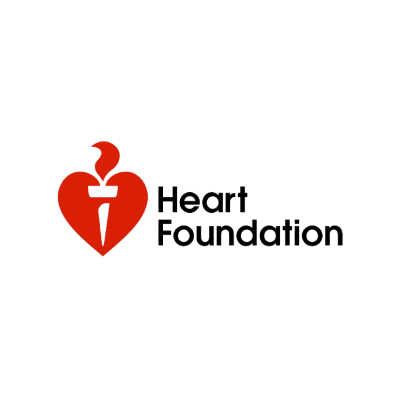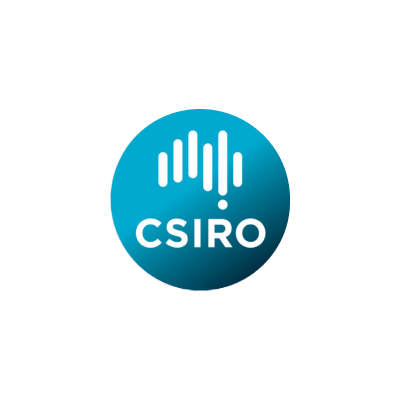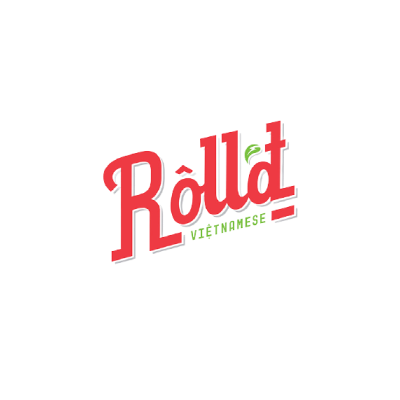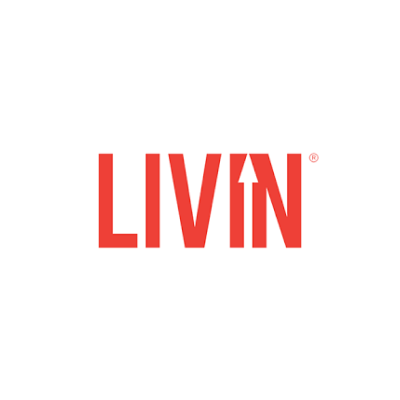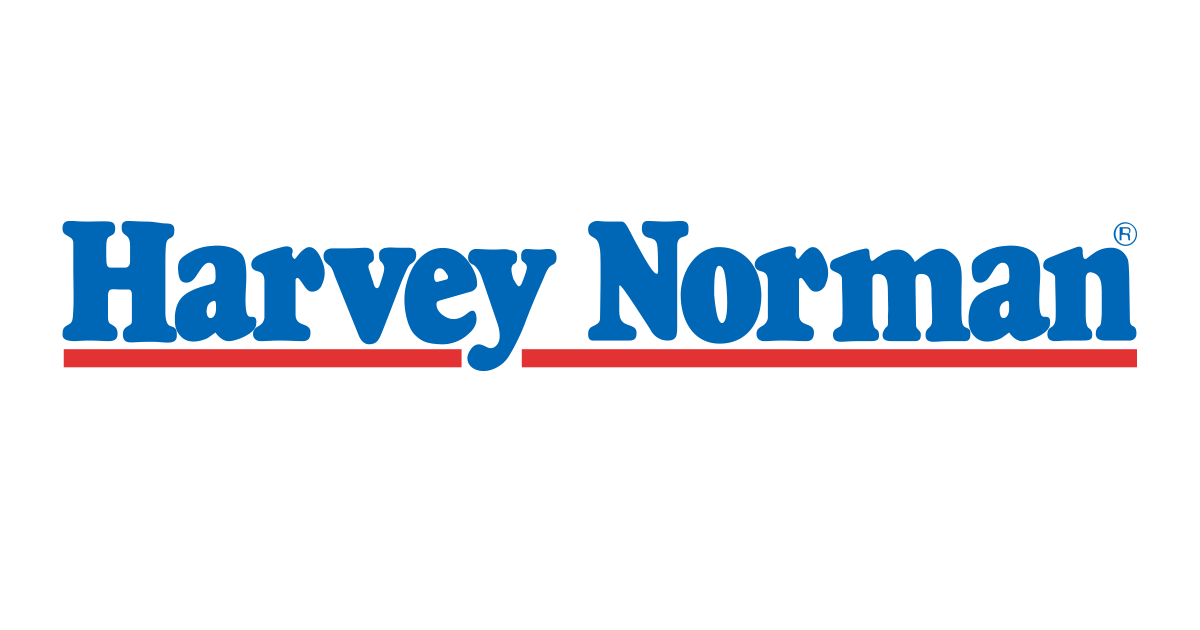Dietary fats
Some people avoid it like the plague, thinking eating fat is a one-stop shop to put it on. Others lather it all over their food, hoard avocados like gold, and stir butter or coconut oil into their long blacks (I will never understand that one).
[Read time: 5min]
Some people avoid it like the plague, thinking eating fat is a one-stop shop to put it on. Others lather it all over their food, hoard avocados like gold, and stir butter or coconut oil into their long blacks (I will never understand that one). Let me answer your questions about what fat actually is, why certain types of it are better for us than others, and why it won’t make you gain or lose fat as some people may like to convince you.
What is dietary fat?
Unlike the soft stuff you can squish around your waist, thighs and back of your arms (we all have it, don’t worry), fat in our food is slightly different. Fats, or in fancier terms ‘lipids’, are another kind of macronutrient (‘macro’ for short), which, like carbohydrates, provide us with a source of energy. Fats are also important for controlling what gets in and out of your cells, for transporting certain vitamins around your body, to help your nerves function well, and to build certain hormones. Fats contain more energy per gram than carbs and proteins (9 Cals/g compared to 4 Cals/g respectively), so it’s important for us to pay slightly closer attention to our portion sizes when eating foods rich in them.
Like anything, fats in isolation do not make you fat. Fat will only increase chances of weight gain, if in the context of your entire diet and lifestyle, you are eating large quantities of it, causing you to consume excess TOTAL ENERGY for your requirements.
TAKEAWAY: Dietary fats are another macronutrient, which like carbs, provide energy to our bodies. They are important for many functions and do not directly make us fat, but are more energy dense and require us to be portion-savvy.
Saturated VS Unsaturated
Fat isn’t bad for us, but some fats are better for us.
Let me break it down for you (not breakdancing sorry, we’re talking nerd stats here):
SATURATED FATS have chemical structures which do not have things called ‘double bonds’, allowing them to pack closely together and be solid. This is what allows fat on your steak and the jar of coconut oil to be solid at room temperature.
Saturated fats can be found in fatty and processed meats (including those Bunnings snags and your salami), chicken skin, pastry and baked goods, butter, cream, coconut milk/oil/flesh.
They are not ‘bad’ for you, but eating them in large quantities and often, can increase levels of ‘bad’ cholesterol (LDL) in your blood, which can increase your risk of cardiovascular diseases. Are you starting to question if coconut is still the health food it’s marketed as?
UNSATURATED FATS have chemical structures which CONTAIN ‘double bonds’, which cause them to have funkier shapes, and struggle to bind closely together. This is why olive oil is liquid at room temperature.
Unsaturated fats can be found in olive oil, sunflower oil, canola oil, avocado, nuts and seeds and fatty fish like salmon and sardines. These fats are better for you, because they have been shown to increase levels of ‘good’ cholesterol in your blood, which can protect against cardiovascular diseases.
TAKEAWAY: Saturated fats are not bad for you, but too much of them too often can increase your risk of cardiovascular disease. It’s best to swap sources of saturated fat with unsaturated fat sources (fatty steak → salmon, butter → avocado, coconut oil→ olive oil).
Trends – does eating more fat make you burn more fat?
Ever heard somebody you know, or a TV/social media personality claim eating fats helps you to burn more body fat? Or that the keto/low carb diets are your sure fire way to burning fat easily?
After you roll your eyes, please keep reading:
Reminder from the previous blog post: glucose (a type of carb) is your body’s preferred energy source. If you restrict carbs from your diet for a sustained period of time (let’s say a few weeks), your body will slowly adapt to predominantly sourcing its energy from fats.
However, this is not necessarily fats from the fat stored under your skin- it uses fats which you’re feeding your body through food.
Long story short- whether you are consuming dietary carbs or not, unless you are consuming less total energy than you are expending, you will not burn body fat and lose weight. The keto/low carb diets have no superior benefit over other diets in regards to weight loss.
This goes for ‘fat burning’ supplements as well, which claim to help you ‘burn fat more effectively’. These supplements may help you utilise the fats in your food more effectively for energy, but will not (echo, will not) flamethrower that stubborn fat under your skin.
Rant over.
TAKEAWAY: Low carb diets will encourage your body to burn fats from your food more effectively as its new predominant energy source, but you won’t burn body fat unless you are in a total energy deficit, regardless of the dietary pattern you’re following.
Cholesterol
Who likes eggs? Have I got news for you.
Cholesterol is a natural substance actually made by our bodies, and isn’t to be feared.
It’s a common misconception that eating foods containing cholesterol (for example, egg yolks) causes our blood cholesterol to skyrocket and increase our risk of heart attacks. Fear not- our bodies are pretty cool, and (in healthy people), slow down its own production of cholesterol when we eat it, to ensure we don’t accumulate unhealthy levels. Long story short- stop wasting your egg yolks!
What CAN increase our blood cholesterol, like already described above, is too much saturated fat- refer back to the section discussing this to see how to make some practical swaps.
Another quick tip- only animal products contain cholesterol, therefore any plant-based products (for example, olive oil) containing ‘cholesterol free’ all over their label, is a marketing gimmick (they’re trying to take your money) (but in this case let them because olive oil is good for you anyway).
TAKEAWAY: your body slows down its own cholesterol production when you eat it, so unless you have a cardiovascular based disease, you don’t need to avoid food sources. Too much saturated fat can increase your LDL blood cholesterol levels. Plant products naturally don’t contain cholesterol, so try not to fall for marketing of these products who claim ‘cholesterol free’.
To get more information on our services visit the Personal Training page. Contact us to find a personal trainer.


